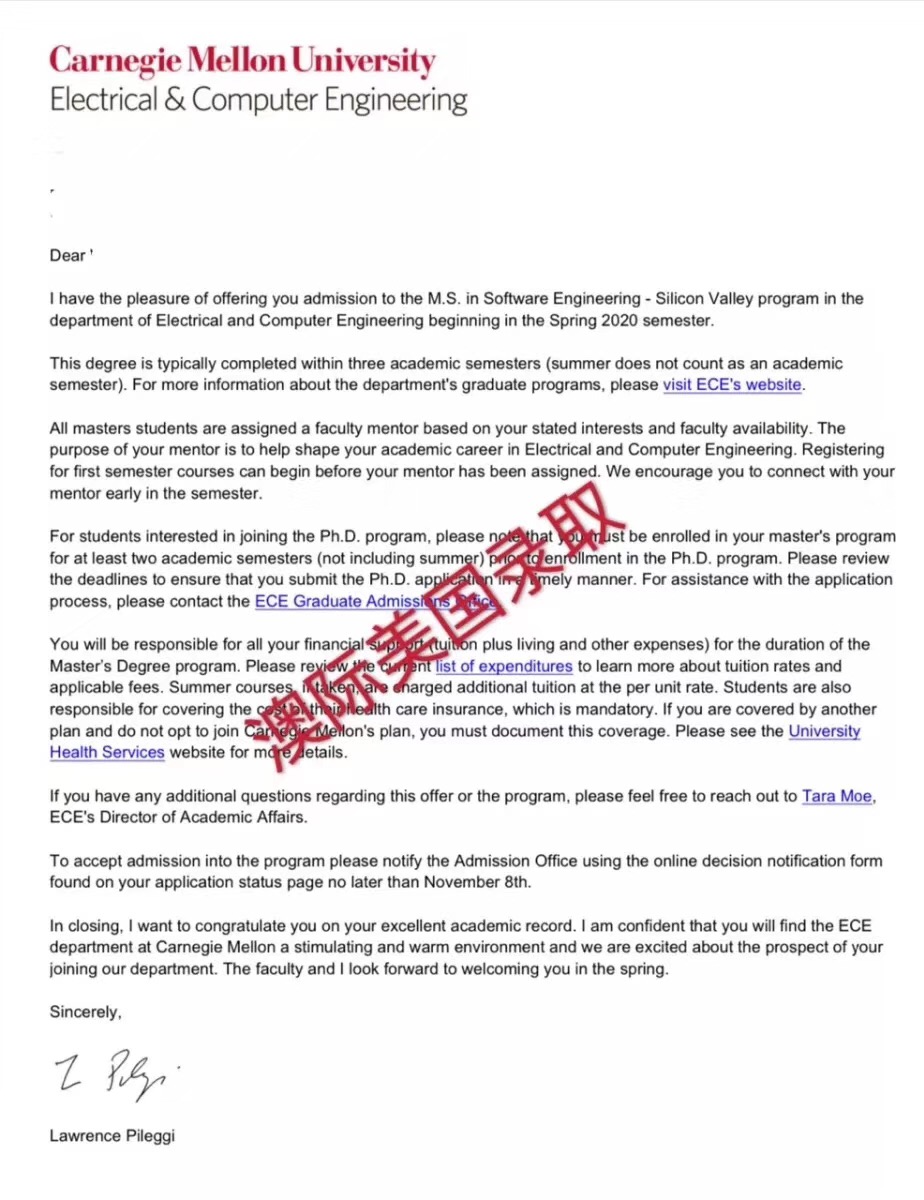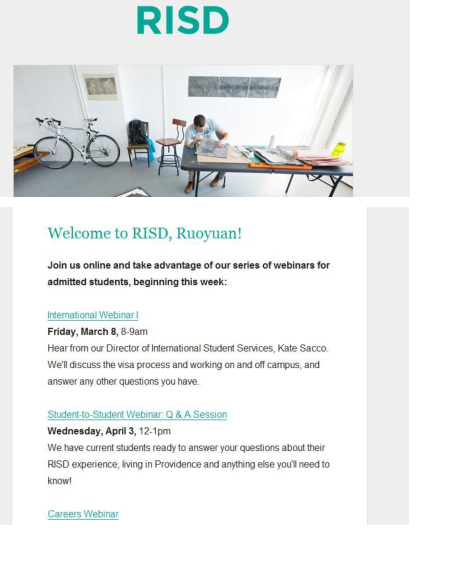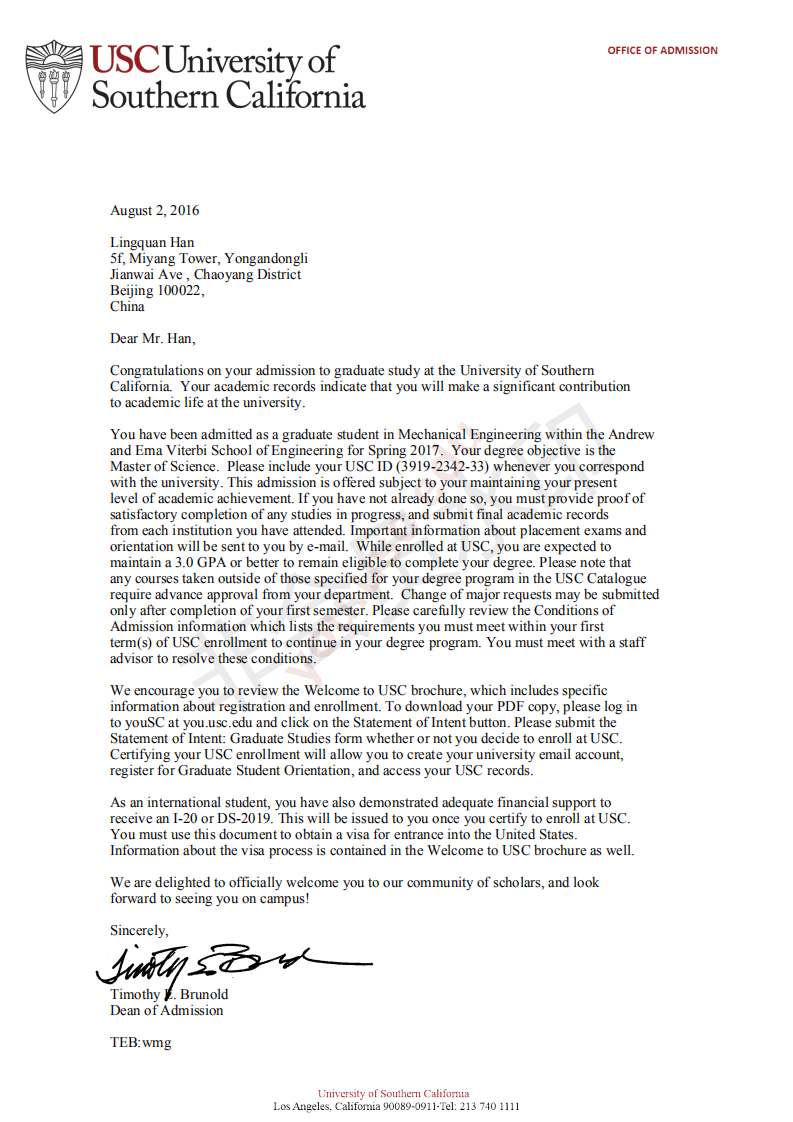6分GRE作文范文
2017-04-05 384阅读
As people rely more and more on technology to solve problems, the ability of humans to think for themselves will surely deteriorate.
Discuss the extent to which you agree or disagree with the statement and explain your reasoning for the position you take. In developing and supporting your position, you should consider ways in which the statement might or might not hold true and explain how these considerations shape your position.
Essay Response — Score 6
The statement linking technology negatively with free thinking plays on recent human experience over the past century. Surely there has been no time in history where the lived lives of people have changed more dramatically. A quick rlection on a typical day reveals how technology has revolutionized the world. Most people commute to work in an automobile that runs on an internal combustion engine. During the workday, chances are high that the employee will interact with a computer that processes information on silicon bridges that are .09 microns wide. Upon leaving home, family members will be reached through wireless networks that utilize satellites orbiting the earth. Each of these common occurrences could have been inconceivable at the turn of the 19th century.
The statement attempts to bridge these dramatic changes to a reduction in the ability for humans to think for themselves. The assumption is that an increased reliance on technology negates the need for people to think creatively to solve previous quandaries. Looking back at the introduction, one could argue that without a car, computer, or mobile phone, the hypothetical worker would need to find alternate methods of transport, information processing and communication. Technology short circuits this thinking by making the problems obsolete.
However, this reliance on technology does not necessarily preclude the creativity that marks the human species. The prior examples reveal that technology allows for convenience. The car, computer and phone all release additional time for people to live more ficiently. This ficiency does not preclude the need for humans to think for themselves. In fact, technology frees humanity to not only tackle new problems, but may itself create new issues that did not exist without technology. For example, the proliferation of automobiles has introduced a need for fuel conservation on a global scale. With increasing energy demands from emerging markets, global warming becomes a concern inconceivable to the horse-and-buggy generation. Likewise dependence on oil has created nation-states that are not dependent on taxation, allowing ruling parties to oppress minority groups such as women. Solutions to these complex problems require the unfettered imaginations of maverick scientists and politicians.
In contrast to the statement, we can even see how technology frees the human imagination. Consider how the digital revolution and the advent of the internet has allowed for an unprecedented exchange of ideas. WebMD, a popular internet portal for medical information, permits patients to self research symptoms for a more informed doctor visit. This exercise opens pathways of thinking that were previously closed off to the medical layman. With increased interdisciplinary interactions, inspiration can arrive from the most surprising corners. Jfrey Sachs, one of the architects of the UN Millenium Development Goals, based his ideas on emergency care triage techniques. The unlikely marriage of economics and medicine has healed tense, hyperinflation environments from South America to Eastern Europe.
This last example provides the most hope in how technology actually provides hope to the future of humanity. By increasing our reliance on technology, impossible goals can now be achieved. Consider how the late 20th century witnessed the complete elimination of smallpox. This disease had ravaged the human race since prehistorical days, and yet with the technology of vaccines, free thinking humans dared to imagine a world free of smallpox. Using technology, battle plans were drawn out, and smallpox was systematically targeted and eradicated.
Technology will always mark the human experience, from the discovery of fire to the implementation of nanotechnology. Given the history of the human race, there will be no limit to the number of problems, both new and old, for us to tackle. There is no need to retreat to a Luddite attitude to new things, but rather embrace a hopul posture to the possibilities that technology provides for new avenues of human imagination.
Reader Commentary for Essay Response — Score 6
The author of this essay stakes out a clear and insightful position on the issue and follows the specific instructions by presenting reasons to support that position. The essay cogently argues that technology does not decrease our ability to think for ourselves, but merely provides "additional time for people to live more ficiently." In fact, the problems that have developed alongside the growth of technology (pollution, political unrest in oil-producing nations) actually call for more creative thinking, not less.
In further examples, the essay shows how technology allows for the linking of ideas that may never have been connected in the past (like medicine and economic models), pushing people to think in new ways. Examples are persuasive and fully developed; reasoning is logically sound and well supported.
Ideas in the essay are connected logically, with fective transitions used both between paragraphs ("However" or "In contrast to the statement") and within paragraphs. Sentence structure is varied and complex and the essay clearly demonstrates facility with the "conventions of standard written English (i.e., grammar, usage and mechanics)," with only minor errors appearing. Thus, this essay meets all the requirements for receiving a top score, a 6.
立即咨询留学咨询
更多出国留学最新动态,敬请关注澳际教育手机端网站,并可拨打咨询热线:400-601-0022
留学热搜
相关推荐
- 专家推荐
- 成功案例
- 博文推荐

Copyright 2000 - 2020 北京澳际教育咨询有限公司
www.aoji.cn All Rights Reserved | 京ICP证050284号
总部地址:北京市东城区 灯市口大街33号 国中商业大厦2-3层









高国强 向我咨询
行业年龄 11年
成功案例 2937人
留学关乎到一个家庭的期望以及一个学生的未来,作为一名留学规划导师,我一直坚信最基本且最重要的品质是认真负责的态度。基于对学生和家长认真负责的原则,结合丰富的申请经验,更有效地帮助学生清晰未来发展方向,顺利进入理想院校。
陈瑶A 向我咨询
行业年龄 15年
成功案例 4612人
拥有大量高端成功案例。为美国哈佛大学、宾夕法尼亚大学等世界一流名校输送大批优秀人才。
齐亚楠 向我咨询
行业年龄 13年
成功案例 3536人
商科案例有哥伦比亚大学等,工科案例有麻省理工大学等,艺术案例有罗德岛大学等。
李君君 向我咨询
行业年龄 13年
成功案例 3623人
成功案例涉及美国排名前60的院校,专业涵盖商科(金融,会计,管理),工科(生物工程,化学工程,计算机科学,电气工程)等热门领域。